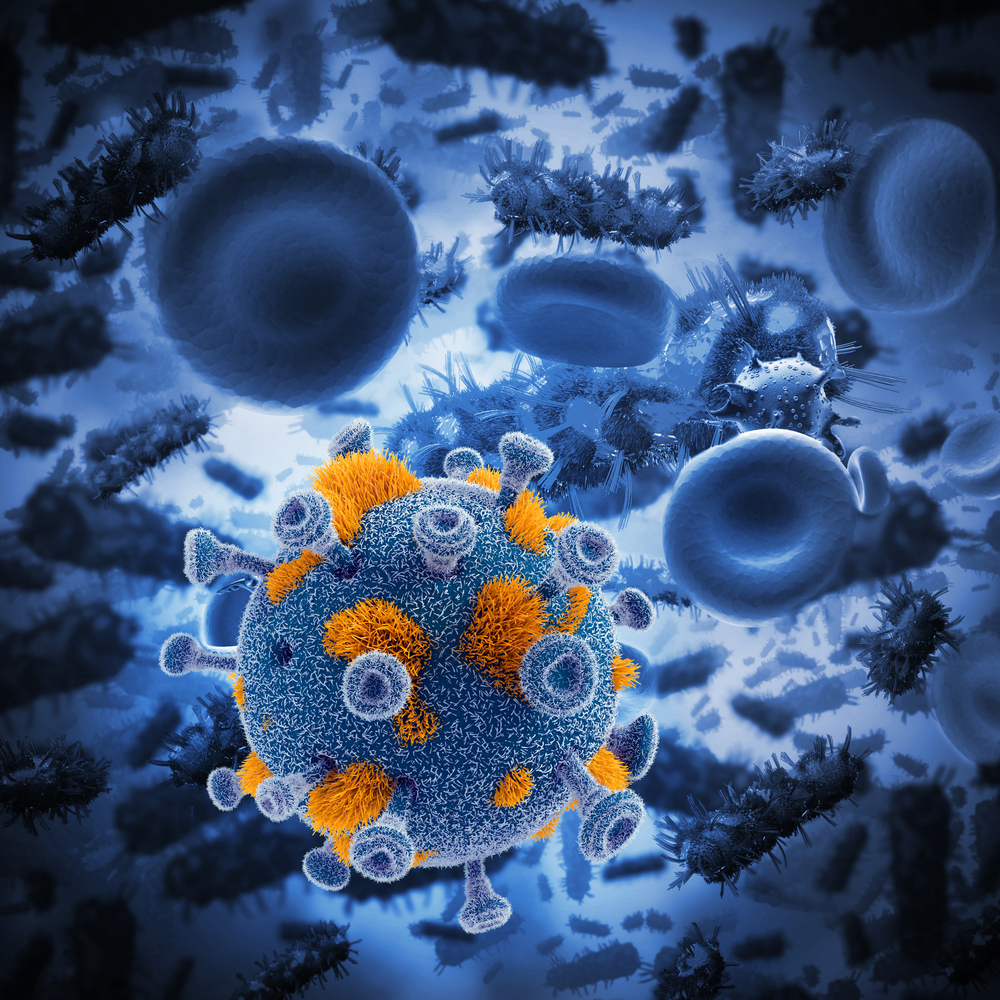 A research team from Heidelberg and Dresden discovered an important association between increased levels of TNF alpha in colorectal tumor tissue and an increased number of activated cytotoxic T cells, cells that specifically recognize and kill tumors. The findings were recently published in the Journal of Clinical Investigation.
A research team from Heidelberg and Dresden discovered an important association between increased levels of TNF alpha in colorectal tumor tissue and an increased number of activated cytotoxic T cells, cells that specifically recognize and kill tumors. The findings were recently published in the Journal of Clinical Investigation.
Based on these findings, increased levels of TNF alpha, (an anti-tumor cytokine) within the tumor microenvironment can be used as an independent prognostic measure suggestive of a promising disease outcome.
Usually after colorectal cancer surgery, the isolated samples are analyzed for the presence of immune cells. A high number of cytotoxic T cells usually correlates with a favorable disease outcome along with a decreased risk of metastasis.
However, until now, researchers have not understood if the presence of T cells within the tumor microenvironment occurs due to a random chance in more benign tumors, or if these cells are specifically programmed to become activated and respond to cancer cells, helping the body fight tumors. However, the fact that these cells are present, by itself, does not always correlate with an efficient immune response, as tumors have numerous ways of inactivating immune cells.
In their study entitled “Tumor-specific cytotoxic T lymphocyte activity determines colorectal cancer patient prognosis,” the research team led by Dr. Philipp Beckhove, German Cancer Research Center, in collaboration with surgeons from Heidelberg and Dresden University Hospitals assessed if T cells present in colorectal tumors were actively attacking cancer cells.
The results revealed that high TNF alpha levels were only present in colorectal cancer patients that also had tumor-specific memory T cells in their blood or bone marrow.
The T cells were isolated from a total of 88 colorectal samples, with results showing that only those activated by specific tumor proteins were able to produce TNF alpha. To further validate their hypothesis, the team analyzed an extra 102 samples from patients who had been diagnosed in the past with colorectal cancer, comparing the levels of TNF alpha with additional tumor characteristics that could impact on disease outcome, such as TNM classification that classifies malignant tumors according to their size, differentiation grade and metastases, amount of regulatory T cells and inflammatory cells, and the amount of specific substances that inhibit a functional immune response. The results demonstrated that the amount of TNF alpha within the tumor microenvironment was significantly correlated to the number of T cells producing it.
“The TNF level in tumor tissue corresponds to the anti-cancer activity of the cytotoxic T cells,” Dr. Beckhove said in a recent news release. “This is strong evidence that the prognosis of colorectal cancer patients in fact depends on an active T cell response against the tumor cells. What it means is that TNF alpha levels provide a more accurate method of predicting the course of the disease, compared to simply counting the T cells in tumor tissue. If finding cytotoxic T cells that actively fight the tumor means a good prognosis, it is encouraging evidence for our attempts to develop immunotherapies based on T cells that target colorectal cancer.”


